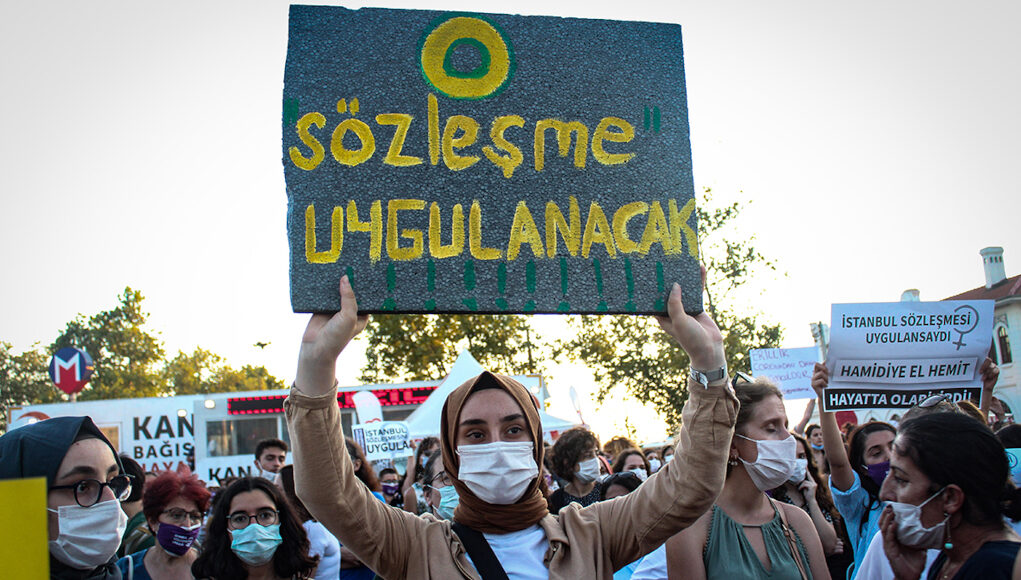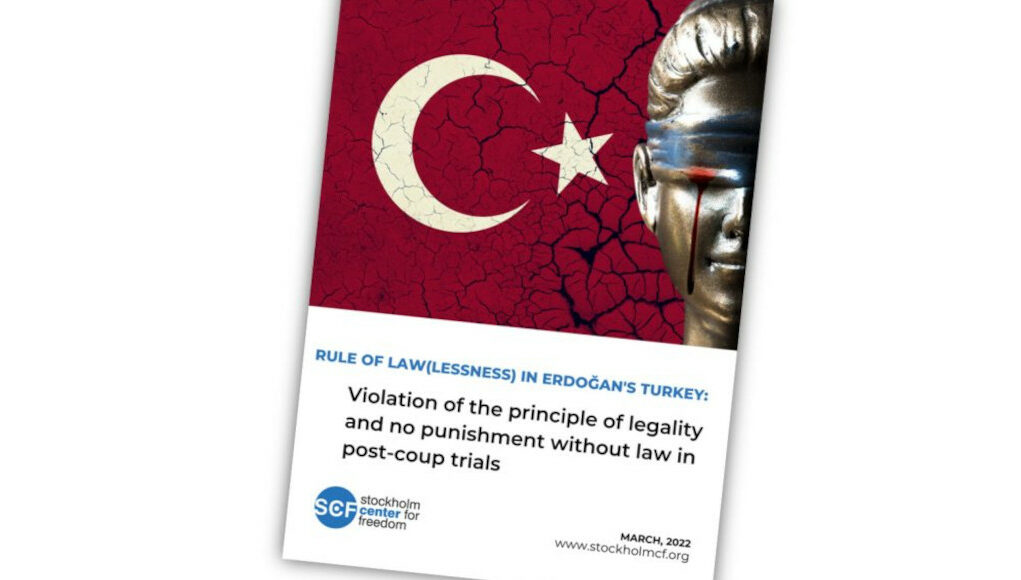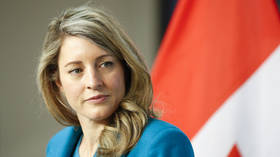Editorial
Published March 23, 2022 -
IN what is being described as a breakthrough, Barrick Gold Corp has agreed to restart the suspended Reko Diq mine project in Balochistan’s Chaghi district, following a settlement with Pakistan on the framework to reconstitute the agreement after 10 years of legal battles and negotiations. The reconstituted agreement allows the Canadian company’s Chilean partner, Antofagasta Plc, to exit the project by withdrawing from its claim of $3.9bn in place of a payment of $900m. The two companies have won an award of around $11bn from an international arbitration court against Pakistan’s decision denying their joint venture a licence to develop Reko Diq. The government claims that the agreement will help it avoid the penalty, besides bringing in an investment of $10bn and creating 8,000 new jobs in the province. Under the new arrangement, Barrick gets half the project while Balochistan and federal state-owned firms will each hold 25pc of the remaining half. Barrick will get a mining lease, an exploration licence and surface rights. The project, once it enters the production stage five to six years from now, is billed to be potentially the world’s largest gold and copper mine, with deposits capable of producing 200,000 tons of copper and 250,000 ounces of gold a year for more than half a century. The government contends that Pakistan will benefit for “over 100 years from this project and the total worth is estimated to be over $100bn”.
Indeed, the new agreement seems to be an improvement from the past when international investors held 75pc of the project. But questions remain. For instance, the details made public so far don’t inform us if the investor plans to set up a refinery at Reko Diq for exporting precious metals or intends to take minerals out of the country in their raw form like the Chinese operator in Saindak. In case Barrick decides to export the metals in their raw form, do we have the capacity for determining the quantity extracted and moved out of the country, and to verify the exact revenue? Will there be a cap on the quantity of minerals to be excavated annually? Will Barrick and Pakistan share the anticipated investment equally according to their shareholding? If yes, where will $5bn come from for investment in five to six years? The government owes it to the people of Balochistan as well as the rest of Pakistan to make all the details public for the purpose of transparency.
Published in Dawn, March 23rd, 2022
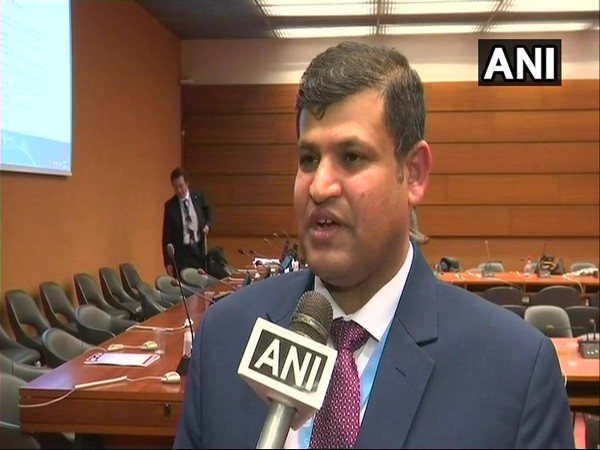
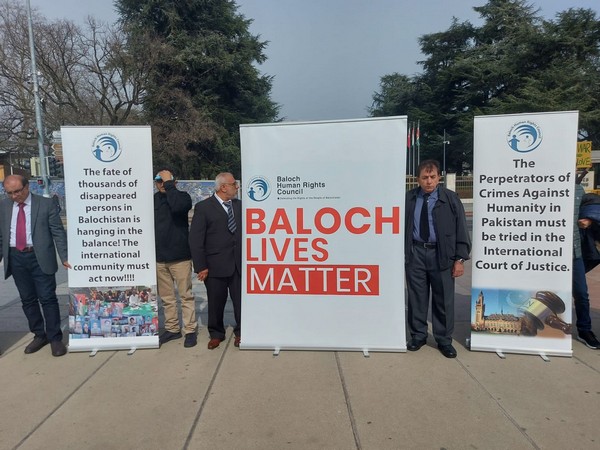
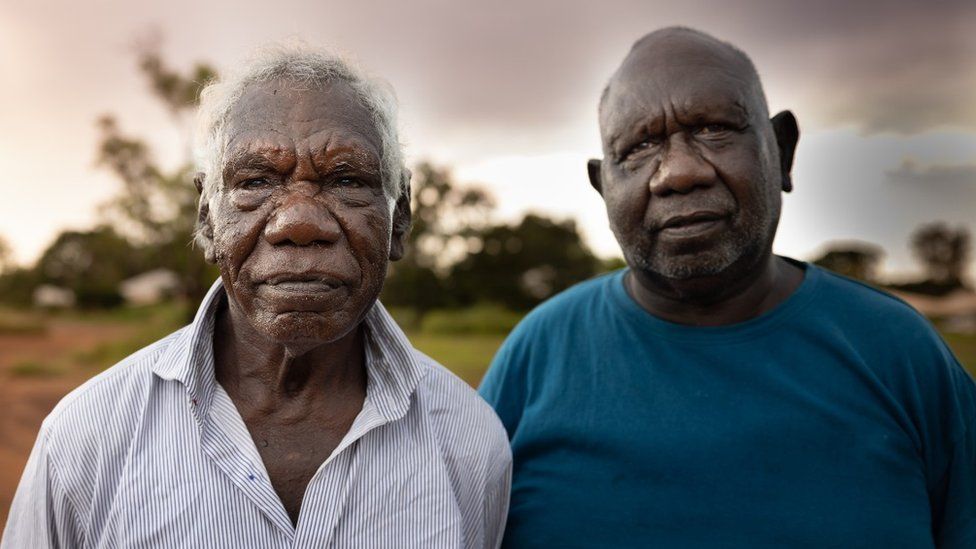
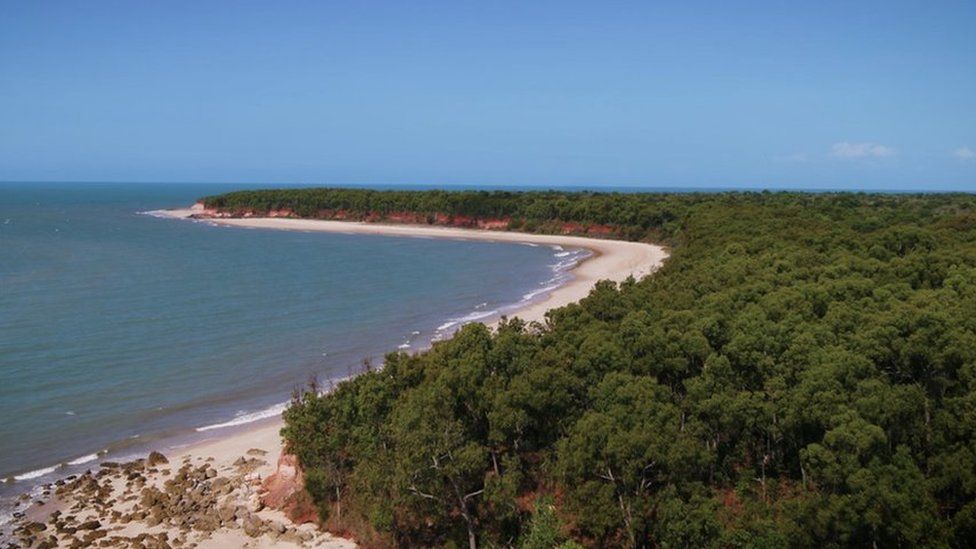
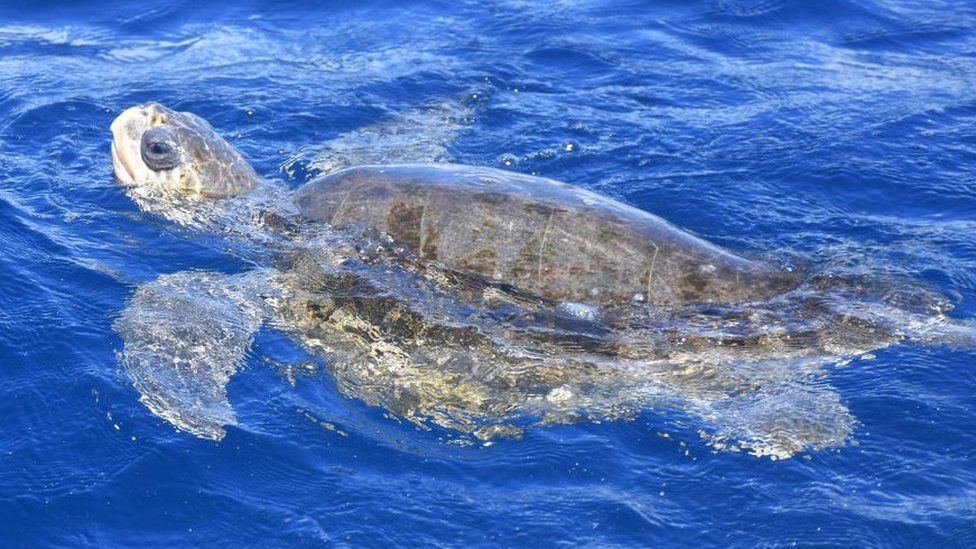
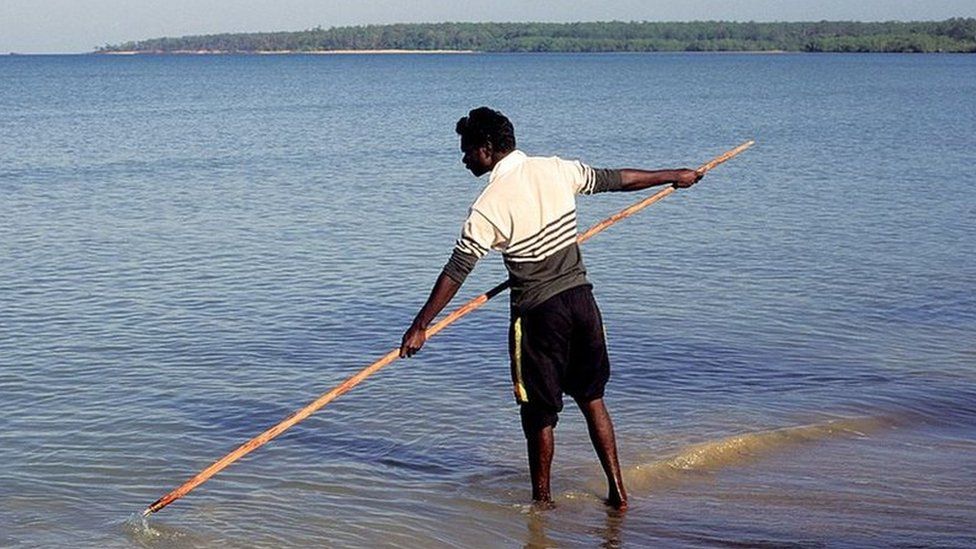
.jpg)
